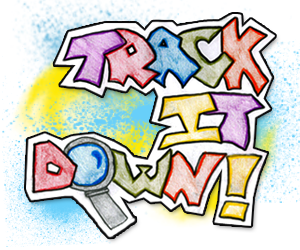Information » Law & Rights » Punishment and Sentences » Criminal Records
In This Section
Criminal Records
When you are found guilty of a crime, you are convicted and will be given a criminal record.
Not all records stay with you forever. Under the Rehabilitation of Offenders Act 1974, if you’ve broken the law in the past, for some crimes and if a certain amount of time has passed, your criminal record could be 'spent’.
To get further details on how long you must wait for your criminal record to be spent you can call the Resettlement Plus Helpline on 020 7840 6464.
- A conviction for a Violent Crime against another young person, who is under 18, will permanently remain on your record
- Violent crimes are treated differently to other crimes and unlike other offences that may be wiped from your recorded after a period of time these offences have 'Schedule One Status' and will remain with you for LIFE
A Schedule One Status Offence
This is a crime committed by one under 18 year old, against another under 18 year old.
Schedule One Offences include:
- Sexual assaults on children, rape, various forms of neglect and ill treatment, including murder and manslaughter
- It also includes common offences such as common assault and assault causing bodily injury to someone less than 18 years old
- It is worth bearing in mind that a fight in a school playground or in your street could result in you being convicted of common assault - which is a Schedule One Offence
If you have been convicted of a Schedule One Status offence then your career, life choices and employment options are likely to be restricted. If you hope to work with children you will automatically be police checked.
If you apply, to go to college, go on a training course, for a job, for a credit card, to travel in some countries and for many other activities and documents you will usually be asked if you have a criminal record.
For certain jobs such as teaching, youth work, nursing, care work, nursery nursing, sports coaching and many more jobs where you will be working with people there is a requirement to have a check with the Disclosure and Barring Service (DBS) before you can get the job.
The DBS helps employers make safer recruitment decisions and prevent unsuitable people from working with vulnerable groups, including children. It replaces the Criminal Records Bureau (CRB) and Independent Safeguarding Authority (ISA).








